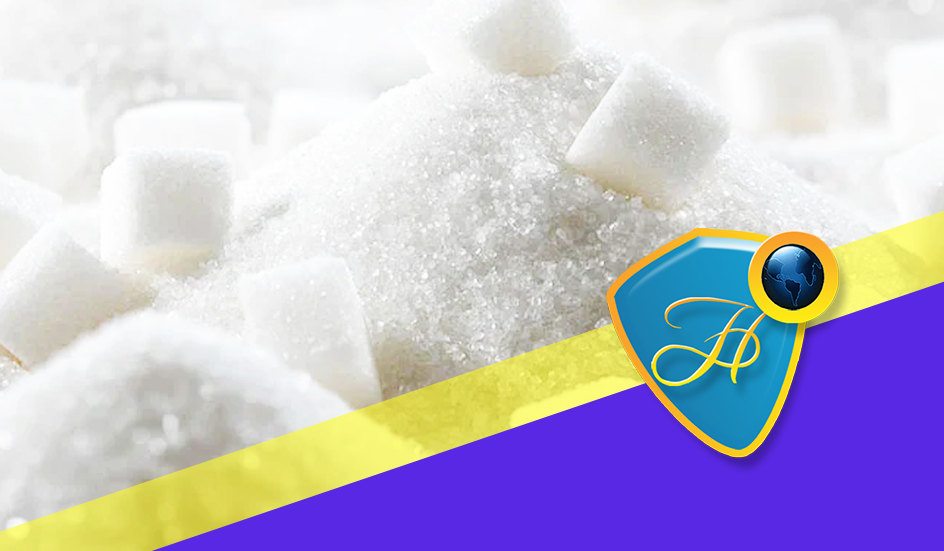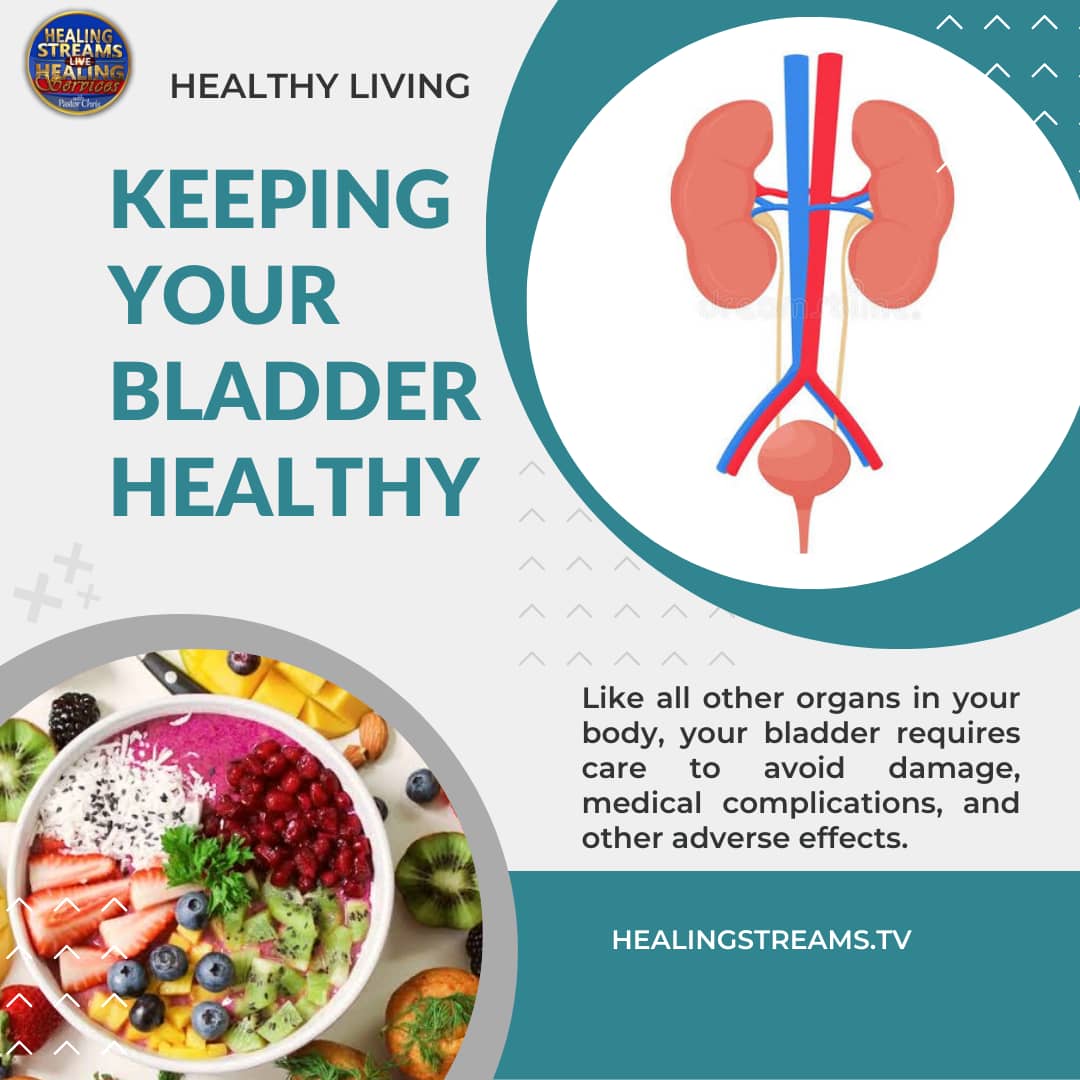
Sugar is bad for your health.” “Avoid all sugar by all means.” “Sugar will make you add weight.” You must have heard these statements a lot. Many people are on “sugar-free” diets as part of their healthy lifestyle. We’ve put together some facts to provide clarity and help you make sound health decisions on sugar.
What Is Sugar?
Sugar refers to any of numerous sweet, water-soluble, colorless, compounds found in the sap of seed plants and the milk of mammals. Sugar makes up the simplest group of carbohydrates and provides energy for your body.
Common Myths About Sugar
• All sugar is bad, steer clear. Sugar naturally occurs in many foods, so avoiding it altogether is impractical. Rather, avoid added sugar like sugary snacks and honey in your oatmeal.
• Natural sugars are healthier. While it’s true that maple syrup, honey, and other natural sweeteners are more nutritional, all sugar is the same. All sources of sugar are converted to simple sugars (monosaccharides like glucose) during digestion, and they have the same impact on your weight and health. In the end, the most important question is how much you eat, regardless of its source.
• Sugar makes you sick. Most people avoid sugar and spend a lot of time researching sugar-free alternatives because they believe this. But as long as you don’t overdo it, sugar doesn’t have to impact your health negatively.
• Sugar-free substitutes rock. Some consider sweeteners like aspartame and saccharin to be healthier than sugar. But several studies have linked these to weight gain, not weight loss.
• Weight-loss goals = no sugar. How much weight you shed typically depends on how many calories you consume through food and drinks, and how much you burn through exercise and other metabolic processes. So, if you drop sugary foods for three servings of your favorite steak, you’re still amassing calories. It’s not about the sugar.
Effects of Too Much Sugar
• Leads to weight gain. Fructose, a simple sugar found in beverages like soda, juices, and sweet tea, raises hunger levels more than glucose, which is what you have in starchy foods. So while the beverages fill you up quickly with liquid, they contain many empty calories that don’t curb hunger. Generally, sugar is high in empty calories, which affects blood sugar and hormone levels, and makes you consume less from other food groups.
• Increases risk factors. Too much sugar is linked to inflammation, high blood pressure, and obesity, all of which are risk factors that increase the chances of developing diseases in the heart, kidney, and liver, as well as diabetes, gout, and cancer.
• Affects energy levels. Added sugar raises blood sugar and insulin levels, leading to a rise in energy. However, the energy spike is temporary and quickly followed by a sharp drop in blood sugar, causing a “crash”. Consider foods rich in carbohydrates, protein, and fat to maintain stable energy levels.
Steps To Consuming Less Sugar
Sugar is healthy but moderation is key, so cut back on sugar as much as possible. Here are some habits and practices that will help.
• Plan meals that favor whole foods more than processed foods
• Swap sugary drinks and alcoholic beverages for water at least two out of three times
• Eat whole fruits rather than sweetened smoothies
• Avoid sweet salad dressings, consider olive oil and vinegar instead
• Use natural, home-made options for nut butters, marinades, ketchup, etc.
• Keep a food diary to track sugar consumption
• When buying processed foods, check the labels. Research the different names for various types of sugar, like fructose, sucrose, glucose, cane juice crystals, maltose, maltodextrin, etc.
Sugar is a necessary part of a healthy and complete diet. Just ensure that you consume it with moderation and accurate knowledge. Enjoy!








